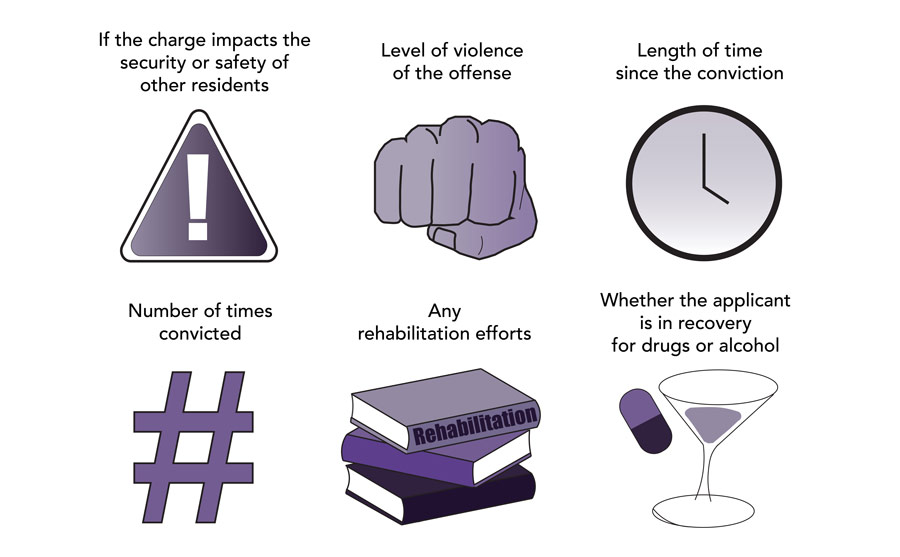<!– –>
<!– –>
<!– –>
<!– –>
<!– –>
<!– –>
Searching for a Place to Call Home
April 24, 2018
<pdir=”ltr” style=”line-height:1.38;margin-top:0pt;margin-bottom:0pt;”></pdir=”ltr”>
On this episode of Locked Out, we explore the struggles felons must overcome on their hunt for housing.
A dusty, cold cell. Jessie McKeller made this space his home for two and a half years. When he left prison, he had nowhere to go.
This is a common problem for people leaving prison. We see homeless people on the streets, but we don’t know their stories. About 10 percent of former inmates become homeless. The spectrum for finding a place to live with a criminal record is very broad, making it difficult to keep felons under a roof and off the streets.
We followed two felons as they search to secure a place to live and overcome the stigma of their charges.
The Hunt for Housing
<pdir=”ltr” style=”line-height:1.38;margin-top:0pt;margin-bottom:0pt;”>The spectrum for finding a place to live with a criminal record is very broad. A felony can greatly impact someone’s chance at finding housing.</pdir=”ltr”>
State and county housing authorities regulate a felon’s eligibility for public, private or Section 8 housing. This limited access to housing makes it difficult for felons to secure shelter.
“The difficulties in reintegrating into the community increase the risk of homelessness for released prisoner,” according to a statement issued by U.S. Housing and Urban Development in 2015. “Homelessness in turn increases the risk of subsequent re-incarceration.”
Local housing authorities can reject people with a record.
“It just puts another barrier in place for a person who’s trying to come back and be a citizen and participate,” said Meshon Rawls, a University of Florida law professor.
To make it easier for felons to find a place to live, HUD advises public housing authorities to consider these factors:

An Expert Weighs In
Darren Hutchinson, a University of Florida law professor, addresses the issues Florida felons face when looking for housing.
Beating the Background Check
Background checks can impact a felon’s chance at securing a place to live.
“Many, many times if they [landlords] find criminal background, they will just deny you an opportunity,” Darren said. “Even if you have the money.”
Four out of five landlords conduct these checks to screen out people with criminal records, according to the Center for American Progress. Private housing may not be an option for felons, if landlords conduct these checks.
“There’s no civil rights law that protects ex-offenders,” Darren said. “So it’s easy to discriminate against them.”
Despite the discrimination, Jessie did not give up.
“I don’t need to go backwards,” Jessie said. “I’ve been doing that all my life. You can get back on your feet so long as you try and long as you work at it.”
I don’t need to go backwards.
He now lives with his fiance in Tallahassee.
“I’m in a home again,” he said. “The feeling is overwhelming.”
<!– –>
Up next: Jobs »
 Special Report from WUFT News
Special Report from WUFT News